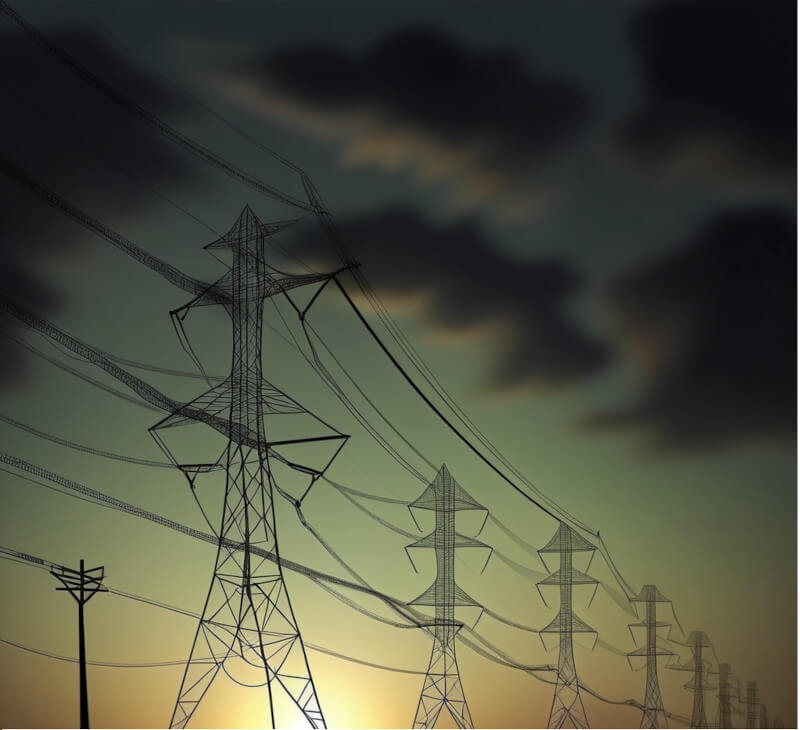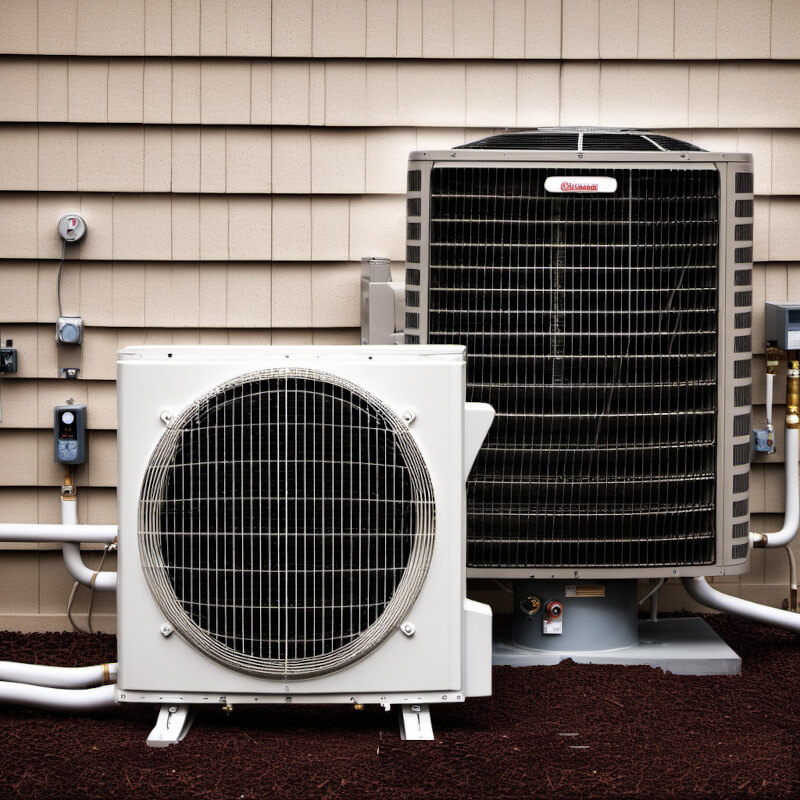As the global community grapples with the pressing need to adopt sustainable technologies, South Africa is emerging as a front-runner in the pursuit of eco-friendly solutions. Among the array of green technologies gaining traction, heat pumps stand out as a game-changer in providing both environmental and economic benefits.
This article explores the myriad advantages of heat pumps in the South African context, shedding light on how this innovative technology is reshaping the country’s approach to heating, cooling, and energy efficiency.
Energy Efficiency and Cost Savings

One of the primary benefits of heat pumps is their exceptional energy efficiency. Traditional heating and cooling systems often rely on fossil fuels, consuming substantial amounts of energy and contributing to carbon emissions.
Heat pumps, however, utilize renewable energy from the air, ground, or water sources, making them considerably more energy-efficient. In a country like South Africa, where energy costs can be a significant burden, heat pumps offer a cost-effective alternative by reducing electricity consumption and subsequently lowering utility bills.
Environmental Impact

As a nation committed to combating climate change, South Africa is actively seeking sustainable alternatives to reduce its carbon footprint. Heat pumps play a pivotal role in this effort by harnessing renewable energy, emitting significantly fewer greenhouse gases compared to conventional heating and cooling systems. By transitioning to heat pumps, South Africa can make substantial strides in achieving its environmental goals, contributing to a cleaner and healthier planet.
Versatility Across Climates

South Africa’s diverse climate, ranging from arid regions to temperate coastal areas, demands adaptable heating and cooling solutions. Heat pumps are well-suited for this purpose, as they can efficiently operate in various climatic conditions. Whether it’s extracting heat from the air in warmer regions or tapping into the stable temperature of the ground in cooler areas, heat pumps offer a versatile solution that ensures consistent comfort throughout the country.
Reduced Reliance on Grid Power

South Africa has faced challenges with its power grid, leading to periodic load shedding and energy shortages. Heat pumps, being energy-efficient and often utilizing renewable sources, alleviate the strain on the national power grid.
By reducing the demand for electricity during peak times, heat pumps contribute to a more stable energy infrastructure, mitigating the risk of power outages and ensuring uninterrupted comfort for households and businesses.
Long-Term Investment

While the initial cost of installing a heat pump might seem relatively higher than traditional heating and cooling systems, the long-term benefits outweigh the upfront expenses. The energy savings accrued over time, coupled with reduced maintenance costs, make heat pumps a wise and enduring investment. In a country where economic considerations are crucial, the longevity and efficiency of heat pumps make them an attractive option for both residential and commercial applications.
Government Incentives and Rebates

To further encourage the adoption of sustainable technologies, the South African government has implemented various incentives and rebates for those opting for energy-efficient solutions.
Homeowners and businesses installing heat pumps may qualify for financial incentives, making the transition to this green technology even more appealing. These incentives not only promote environmentally conscious choices but also support the country’s broader commitment to a sustainable future.
Job Creation and Industry Growth

As the demand for heat pumps rises, a new industry is emerging, leading to job creation and economic growth.
The installation, maintenance, and manufacturing of heat pump systems contribute to employment opportunities across various sectors. South Africa stands to benefit not only from a more sustainable environment but also from a thriving industry that fosters innovation and technological advancement.
Reduced Electricity Consumption

Traditional heating and cooling systems often rely on electricity-intensive methods such as resistance heating or air conditioning compressors. Heat pumps, on the other hand, utilize a small amount of electricity to facilitate the heat transfer process. This results in substantial energy savings, particularly in regions where electricity costs are a significant concern. By reducing reliance on electricity for heating and cooling, heat pumps play a crucial role in lowering utility bills and making sustainable living more affordable.
Versatility Across Seasons

Heat pumps are designed to provide both heating and cooling functions, making them a versatile solution for year-round comfort. During colder months, heat pumps extract heat from the air or ground and transfer it indoors. Conversely, in warmer weather, the process is reversed, with heat pumps expelling indoor heat to maintain a cooler temperature. This dual functionality eliminates the need for separate heating and cooling systems, contributing to overall energy efficiency and reducing the environmental impact associated with manufacturing and maintaining multiple devices.
Zone Heating and Cooling

Traditional HVAC systems often operate on an all-or-nothing basis, heating or cooling an entire building regardless of individual preferences. Heat pumps, however, offer the advantage of zone heating and cooling, enabling users to regulate temperatures in specific areas of a space. This targeted approach ensures that energy is only expended where needed, eliminating unnecessary usage and optimizing energy efficiency. Zone control not only enhances comfort but also maximizes energy savings by avoiding over-reliance on heating or cooling larger spaces.
Finding a Heat Pump Supplier

A reliable heat pump supplier should offer a diverse range of products to cater to various needs and preferences. Consider your specific requirements, whether it’s for residential, commercial, or industrial purposes, and ensure that the supplier can provide a solution tailored to your needs.
A supplier with a versatile product range and the ability to customize solutions demonstrates flexibility and a commitment to meeting the unique demands of their clients.
In the quest for a sustainable and eco-friendly future, South Africa has found a reliable ally in heat pumps. These versatile systems offer a myriad of benefits, from energy efficiency and cost savings to environmental impact reduction and job creation.
As the country grapples with energy challenges and seeks to meet its climate goals, heat pumps stand as a beacon of progress, reshaping the landscape of heating and cooling technologies. Embracing heat pumps is not just a choice for comfort but a commitment to a greener, more resilient future for South Africa and the generations to come.







